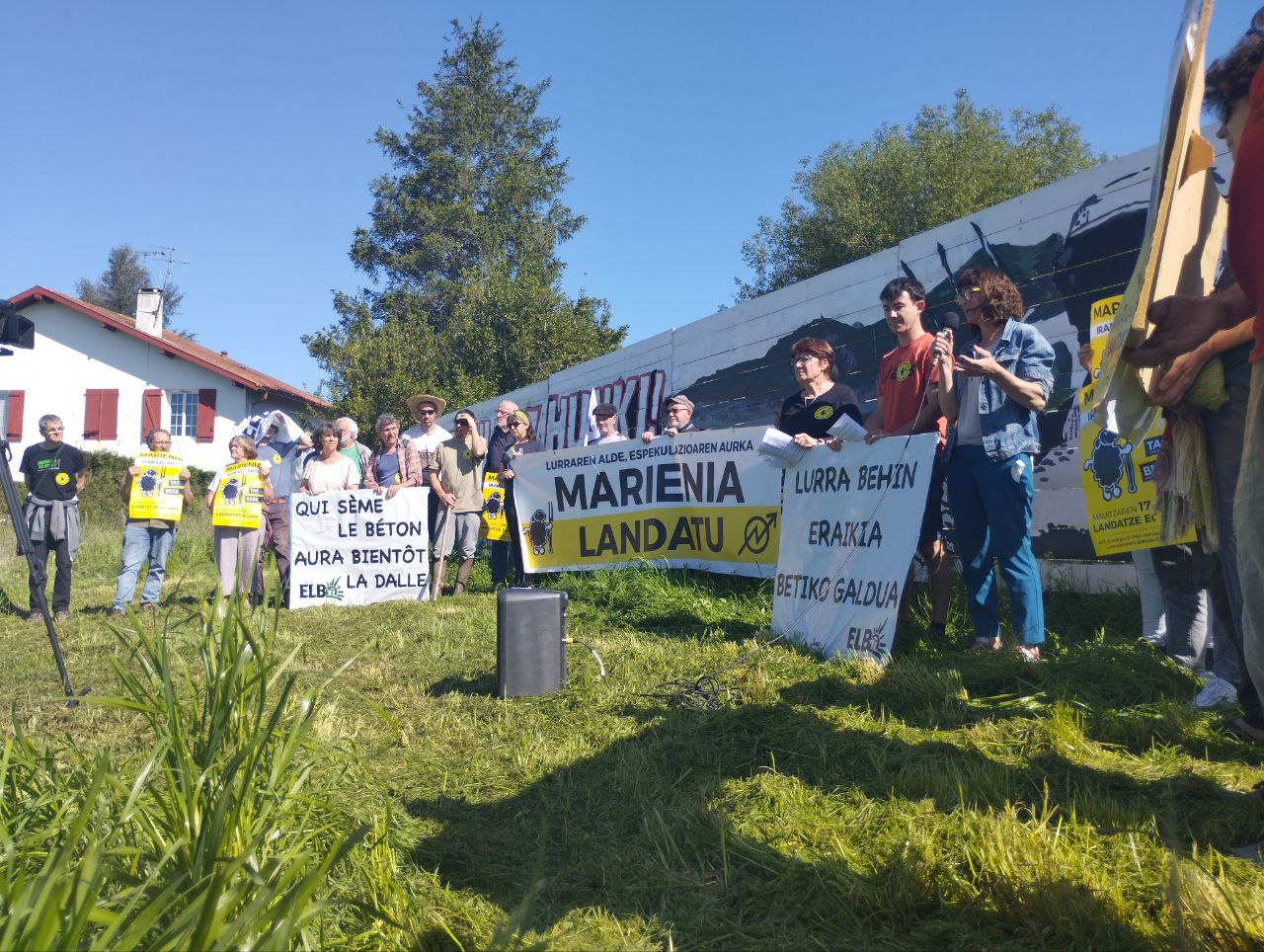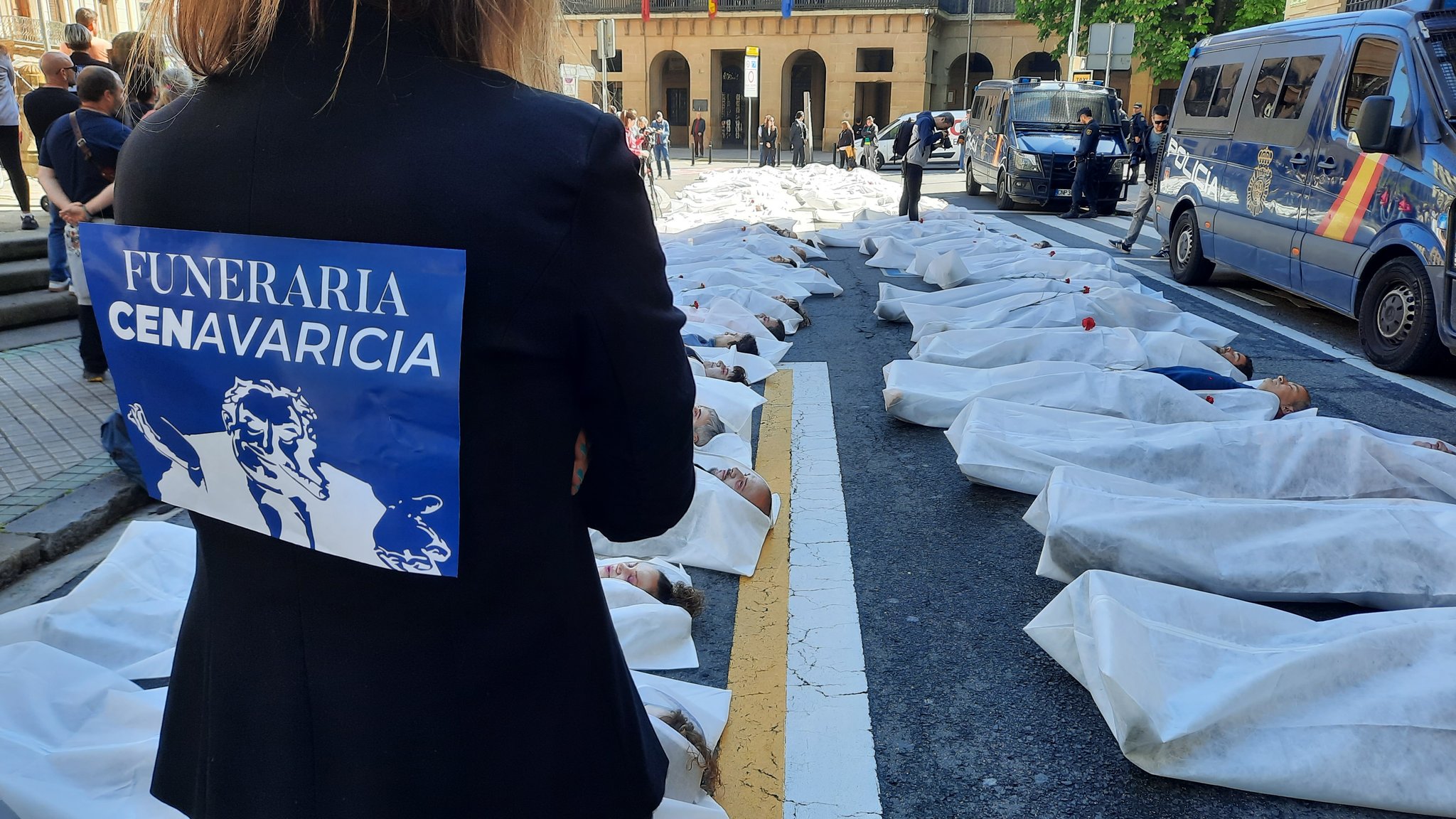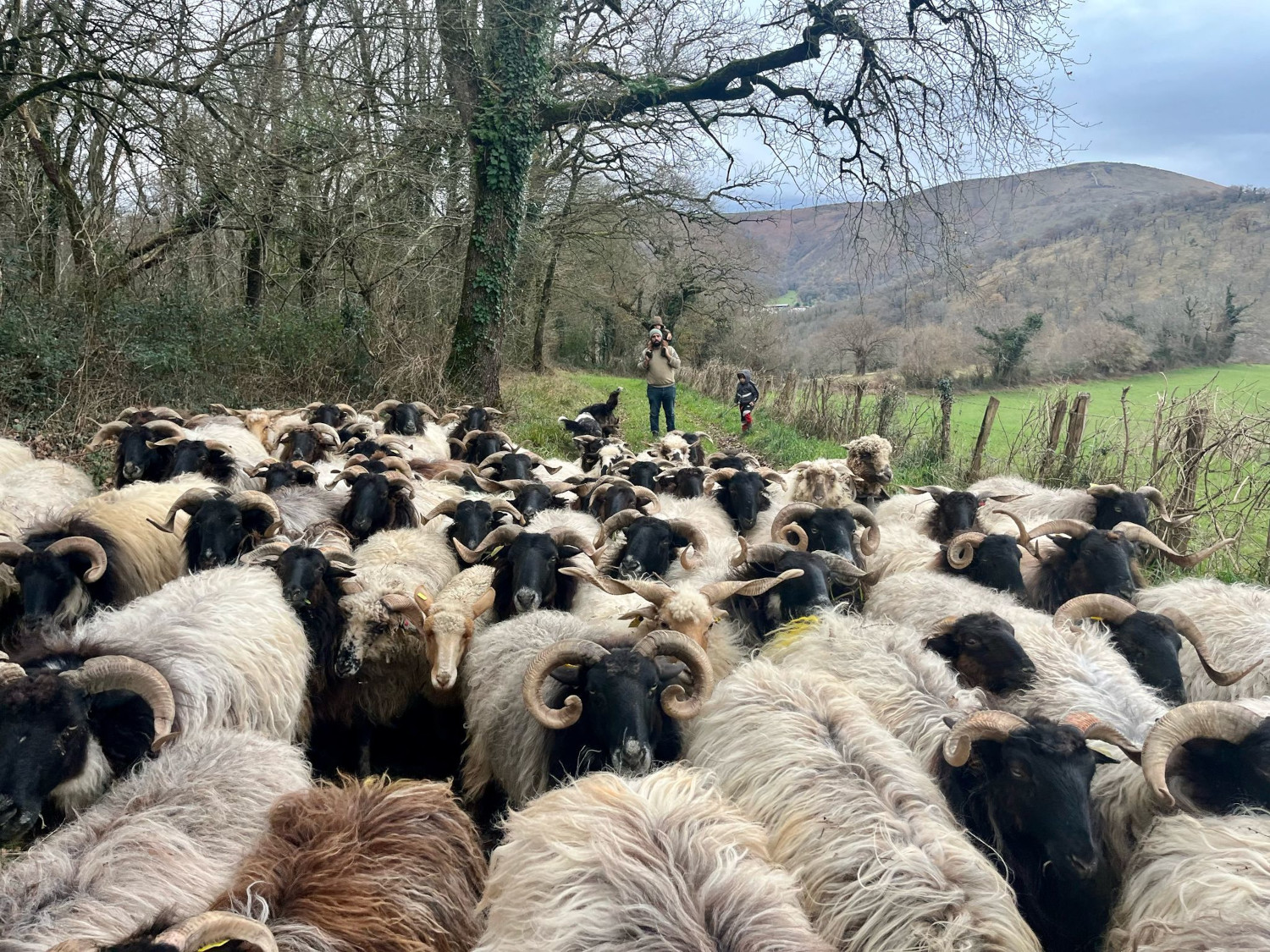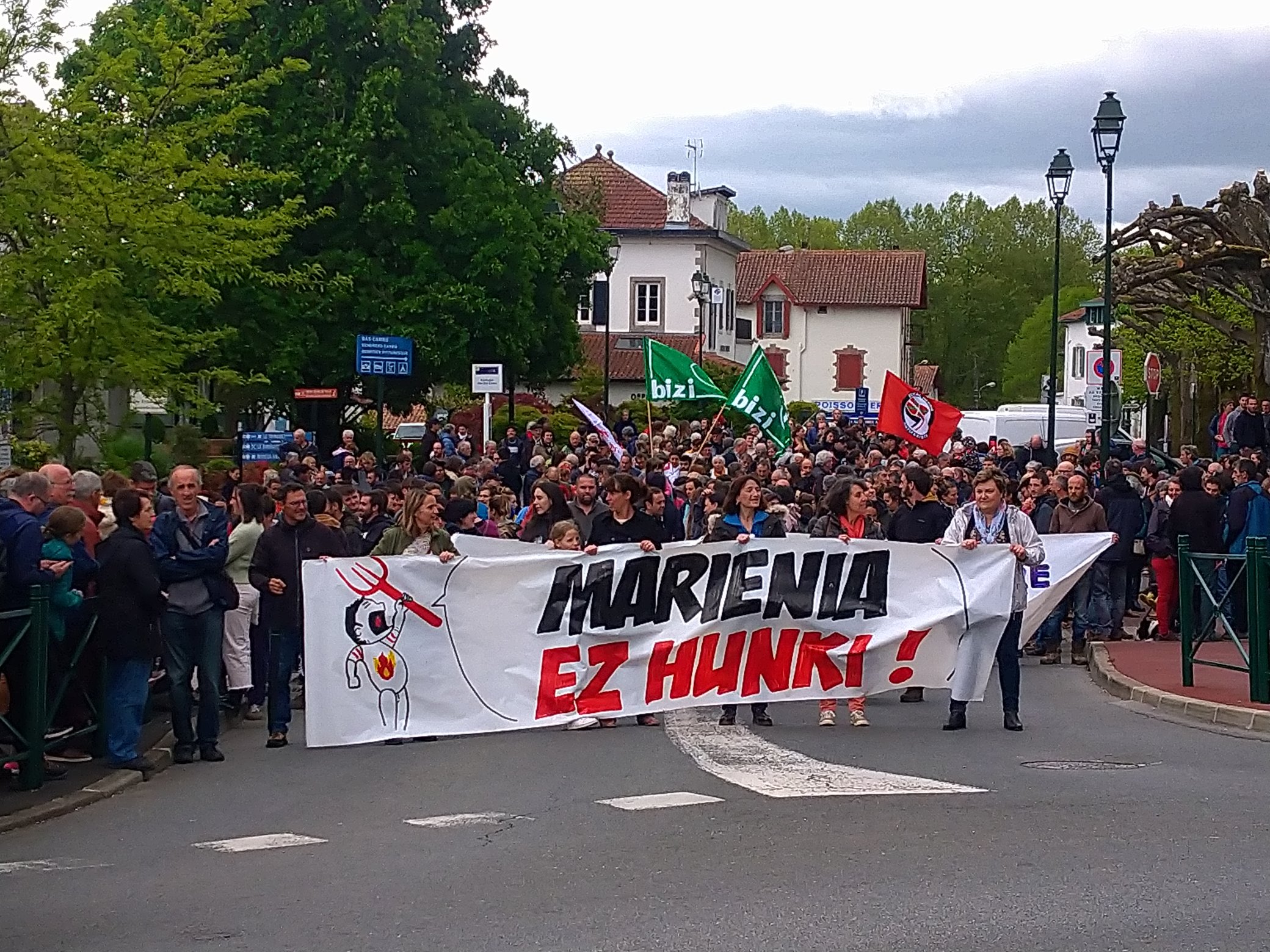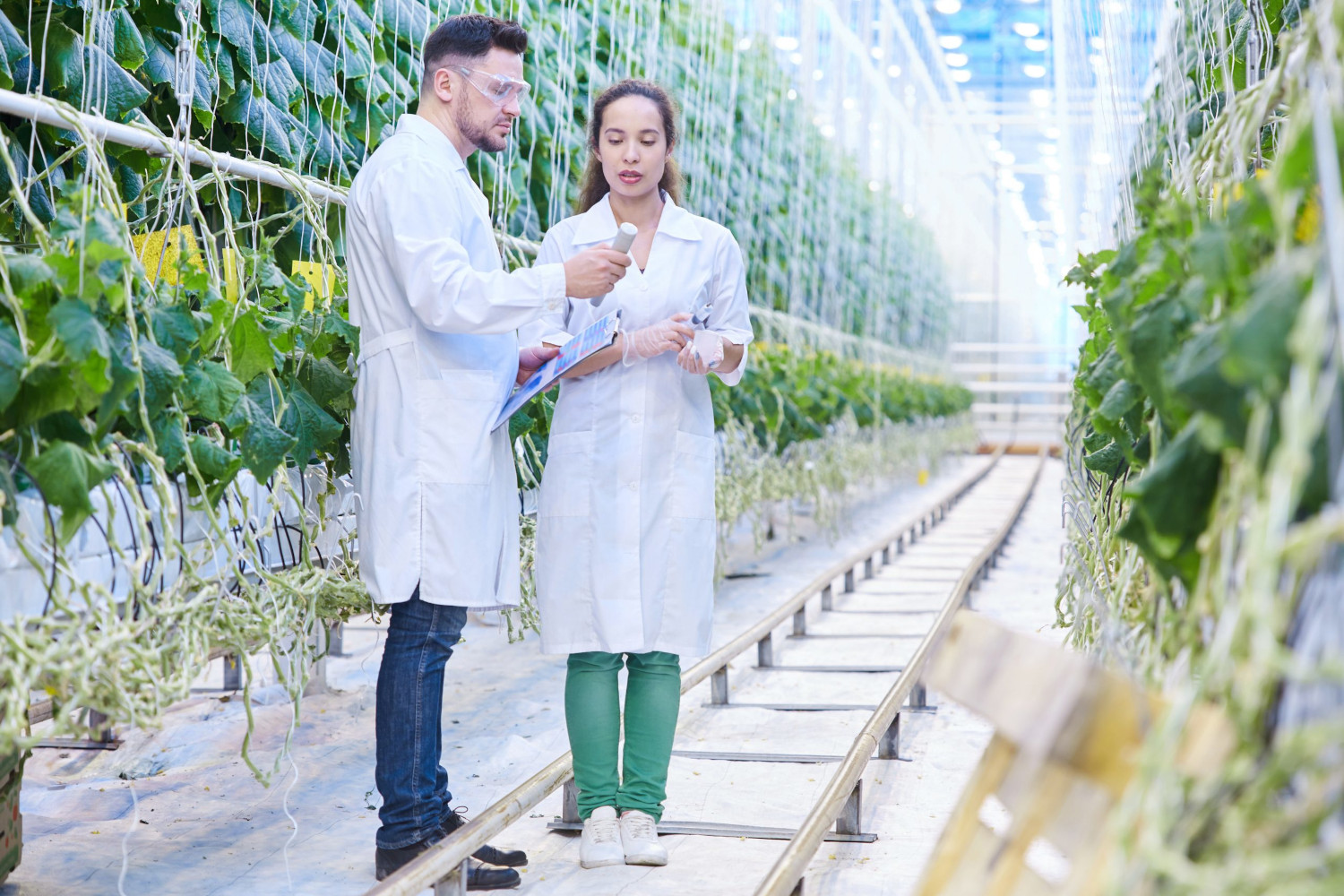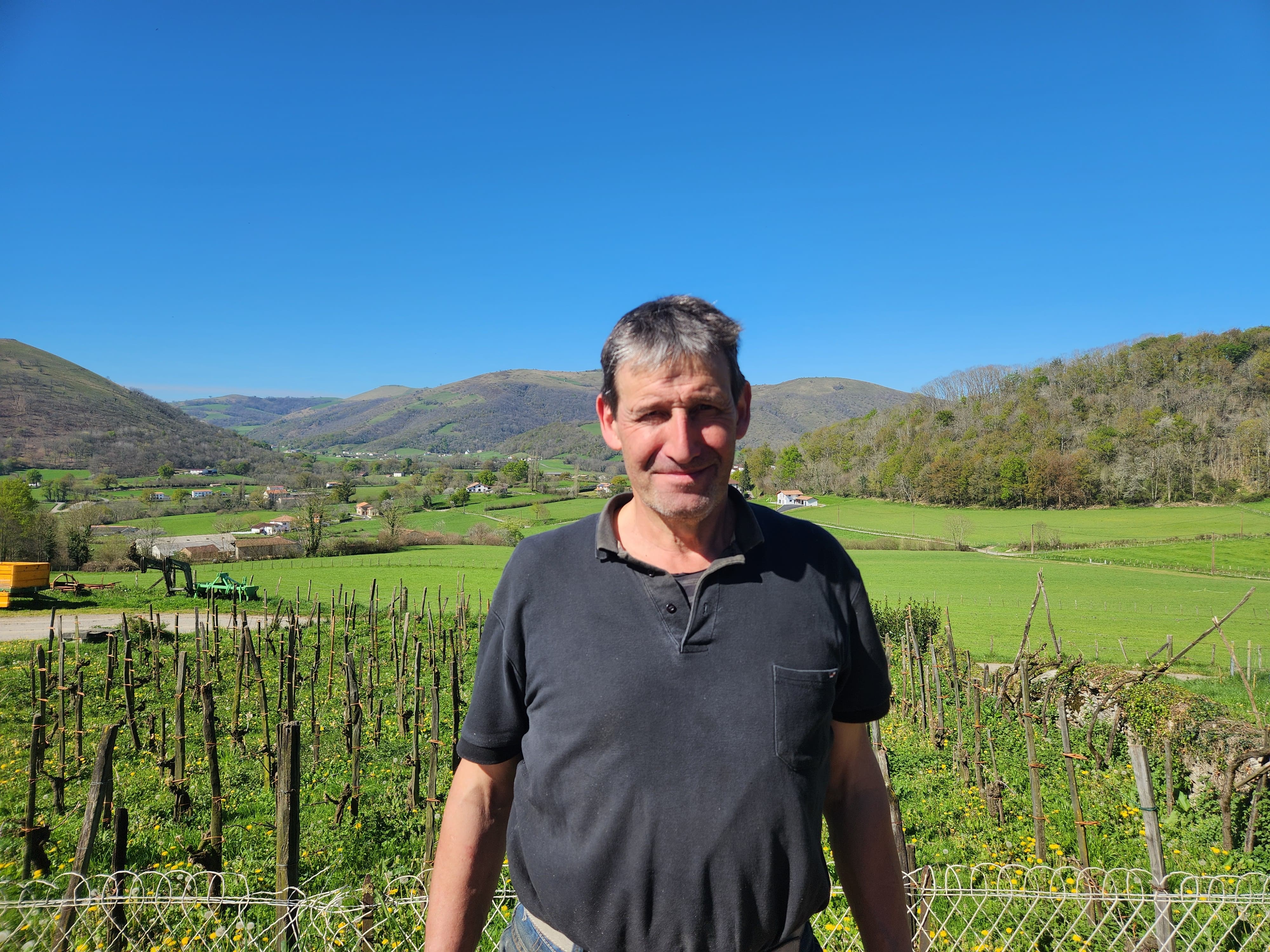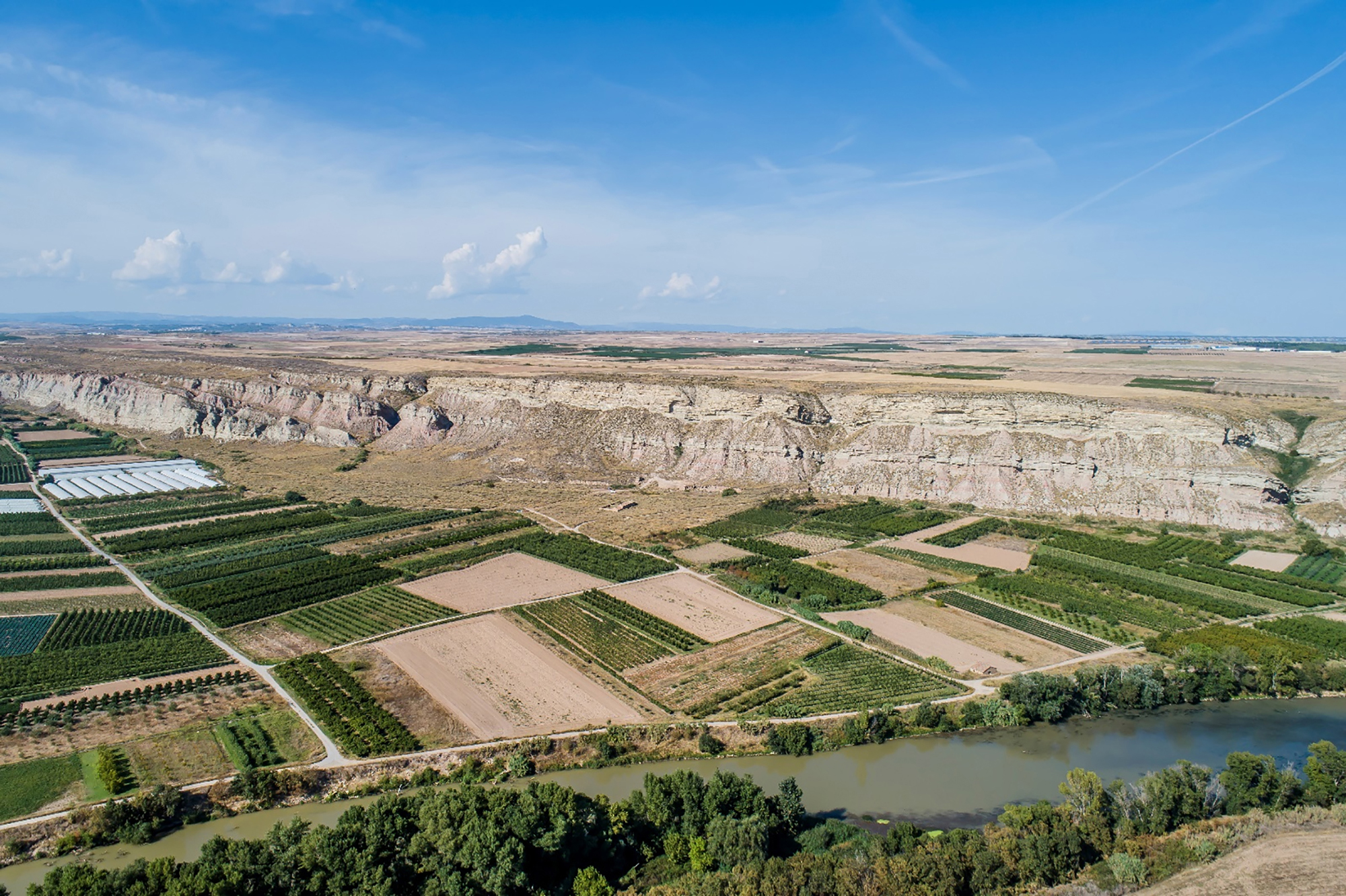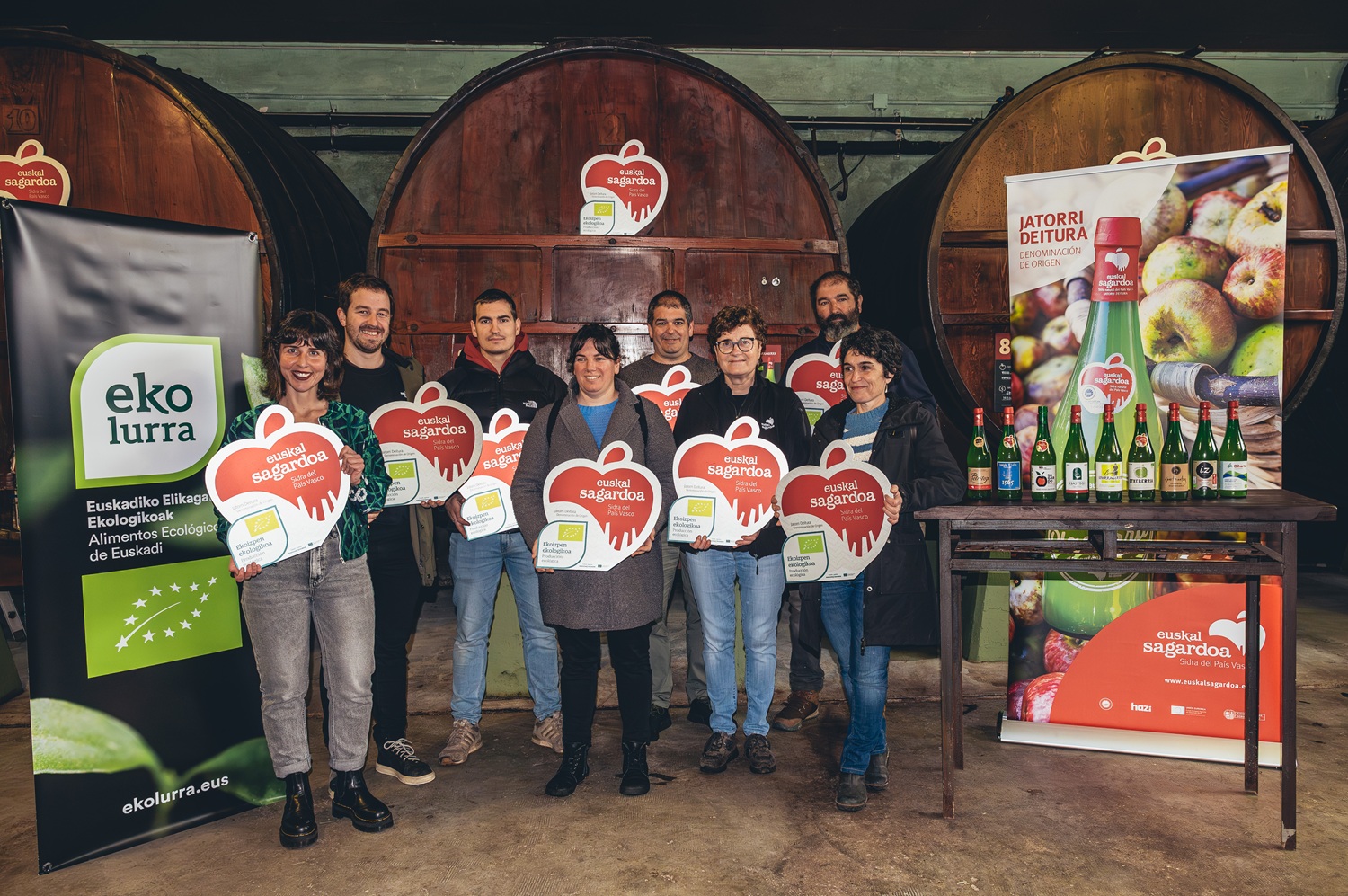AMETS Ladislao, EHNE Bizkaia: "We need local food systems"
- The Peasant Solidarity of the Basque Country is the reference union of farmers and farmers. The partnership, which has been in operation since 1976, has over 3,000 members and the challenges facing the primary sector are not the same. We have talked about this situation and the vision that the union has for the future with Amets Ladislao, a member of EHNE Bizkaia.

To begin with, what is the current situation of the primary sector of Uribe Kosta?
I would say that, in general, it is similar to that of Bizkaia, but at a very low level: there are few cows of meat, but there is hardly any grazing or milk cattle; the majority is horticulture. In Bizkaia, the cows are mostly in the Commissions, outside of them, everything is quite similar: grazing and livestock are given, but small agriculture predominates. It distinguishes two models: Those who make Eusko Label and those who have smaller, more agroecological models, who make baskets, etc.
How has it evolved in recent years?
In general, the trend has been lower. This trend is taking place throughout Europe, it is not just one thing here; fewer and fewer people are engaged in our sector. On the one hand, the precarious economic conditions and, on the other, the growing importance of society to other professions that guarantee leisure, making it extremely difficult for young people to attract the sector. However, we say that it is a very necessary sector, because it produces our food, because otherwise we will be dependent on others. We are talking about something that we need in order to live, this is not just any sector. We therefore believe that other public policies should be promoted.
One of the problems in the sector is access to farmland. What is the situation of the region in this line?
"Today, I would say that it is impossible to launch an agricultural project in Uribe Kosta without having a pre-land"
Besides being part of what is called the Gran Bilbao, being on the coast, the little free land is too expensive for agriculture, and the best lands are occupied. Today, I would say that it is impossible to launch an agricultural project in Uribe Kosta without having previously a land in ownership. The main problem, therefore, is that there are few lands available and that what is available is very expensive, but that is also a consequence of public policies, which protect land ownership, not activity: the more land it has, the more aid it will receive an activity. There is therefore a lack of political will, and we have also seen this in the new Getxo PGOU: As in the 1990s, they want to continue to use all land that used to be farmed to build housing. For us, soil protection is essential; we believe that agricultural soils could not be altered by their use. How many land have gone from agriculture to housing in Uribe Kosta? This has caused that this peasant culture has faded in the region and that the population today lives far away from this way of life.
So, what are EHNE's main lines of work?
From the very beginning, we accompany and train people who want to start the activity, both technical and political. The model we have always worked on has been the model of land, that is, the model of agroecology that we have promoted. We are seeing that the intensive model that prevails in Bizkaia chokes people economically, who do not live better and who do not obtain higher incomes. This debate is strategic for us. For example, there is a lot of hydroponic exploitation on the coast of Uribe, and to begin with this requires a lot of investment, but what we are advocating is a small diversified garden of ecological model. This model is more sustainable and it is possible to extract income from it. We have to think about the model that we want to have in 40 years' time: What do we want, an intensive model that is land-based and subject to inputs, or do we prefer to have small sustainable community-related projects? For us there are two opposite models, and we have to choose one of the two. We defend all farmers and farmers, of course, because we are committed to everyone, but, when it comes to designing new facilities or public policies, we are committed to these small models, although we believe they are not compatible.
What is the contact work they carry out with public institutions?
"In the new Getxo PGOU we have also seen: As in the 1990s, they want to continue to use all land that used to be farmed to build housing."
We are the leading agricultural union and we have official channels of dialogue with the institutions, especially with the parliamentarians, who are the ones that most regulate our activity. There the rhythms go very slowly, it takes a lot of patience, but we are doing our work, getting small achievements. In the end, we believe that our brand marks the future, and even if the sector is in some despair, we think there is an opportunity if we change model. To do this, the consumption model, the marketing, the policies... have to change, and I believe that the Members, at least, have realised that our proposals are looking to the future.
What is at the heart of this debate is our food, do you think it is not given the importance it deserves?
No doubt. We in Europe are very convinced that we will have food yes or yes; we believe that we are the backbone of the world, but COVID-19 taught us that things are not that way and that we are very vulnerable. Since we do not produce our food here, we depend on the countries of the South. We are talking about food sovereignty, but there may be many visions: we want to depart from an environmental and social perspective, and we believe that each country should have the right to decide its own food policies. At present, however, the World Trade Organisation decides what, where and how it is produced; in other words, the food system is absolutely globalised.
We are therefore in favour of food sovereignty, but we also have an internationalist vision. We demand the need for local food systems oriented towards local production and consumption. For example, 90% of what is produced in southern Navarre is for export, but then we import it; almost all the wheat or maize we eat is produced in Brazil, Argentina, Africa or the United States. We live in a market-dependent system, and the benefits that multinationals can derive through the agreements that are signed are more important than feeding people and caring for the land. That has to be changed at its root, and another of our demands is that we have to have public regulation of the food markets. Before, in Europe this was, it was done through a quota system, but that has disappeared, and we believe that we should return to that. If we leave food in the hands of the markets, we must realize that we are stepping into the middle world and that in the future we can turn that around.
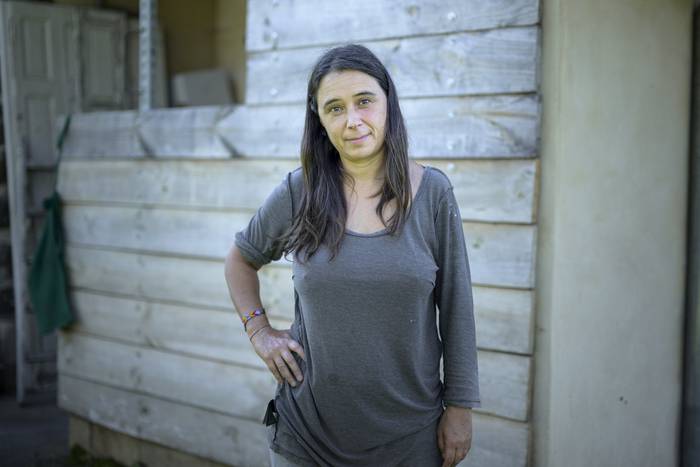
Coming home, another of the main problems that the primary sector has is the lack of generational relief, what are you doing in this field?
Yes, the average age of our sector is around 51 years, so in fifteen years we will lose the majority of the farmers we have. That is why we work a lot on training, and for us it is important to show positive benchmarks and promote meetings between baserritarras, because we believe it is important to share ideas. People are willing to do things differently: there are people who work on the mixed model, who work and have a vegetable garden to sell these baskets, or who abandon the family farm model and organize themselves as a community. We also need positive benchmarks, not everything is going to be bad, because our job is also to illusion. From Europe we have been told that the strategy model of our House to the Bureau is valid, so we have a thousand reasons for continuing to fight.
What is the model that you promote with regard to sales?
"If we leave food in the hands of the markets, we must realize that we are stepping half the world and that in the future we can turn around"
We encourage direct sales; to do so, there are several models, and we support the trade fairs and networks of the baserritars. However, we are not directly involved, because it is a private activity. We did try to create benchmarks, and I would say that almost all the small baserritars in Bizkaia have ever gone through the EHNE office, so our job is to be a reference union, not to enter into economic and private activities. We take agriculture from the Neolithic, we're not going to invent anything new. The question is to know for what purpose we favor things: with ethics and sense or for making money. In this sense, the feminist movement is also a great benchmark for us. When they say that we have to take money out of the center to put lives, we work with the same philosophy in the primary sector.
Could we summarize that you have an optimistic view of the sector?
Yeah, I'm an optimist, ha, ha. I'm aware of where we are and, with our feet on earth, I would say that we are people we dream of collectively. This system wants us to be apathetic, frightened and lonely, but we must face it and not just from our sector. We have a number of reasons for fighting and changing things, but we have to stick to that. Starting from our current life, it's about going back to what our ancestors did well. We always say that food sovereignty is a political proposal, because that speaks of transforming the system, and we think that we will all live better if we manage to turn that around. In addition, we understand this also holistically, because if things change, we, the animals and the earth will be better off.
Klima aldaketaren eraginez, munduko lurralde gero eta gehiago idortzen ari dira, milioika pertsonaren jarduera eta bizimoduak kolokan ezarririk. Fenomeno horren frontean dago India erdialdeko Maharashtra estatua, non klimaren berotzeari eta lehortzeari metatu zaizkien oihan... [+]
Euskal Herriko Laborantza Ganberak hogei urte bete ditu. 2005ean sorturik, bataila anitzetatik pasa da Ainiza-Monjoloseko erakundea. Epaiketak, sustengu kanpainak edota Lurramaren sortzea, gorabehera ainitz izan ditu hogei urtez.
Txotx denboraldian eredu ekologikoan ekoiztutako Euskal Sagardoaren eskaintza izango da hainbat sagardotegitan, eta hura bistaratzeko, Jatorri Deiturak eta ENEEK-Ekolurrak kupeletan paratzeko euskarria aurkeztu dute.
Lurraren alde borrokan dabilen orok begi onez hartu du Frantziako Legebiltzarrak laborantza lurren babesteko lege-proposamenaren alde bozkatu izana. Peio Dufau diputatu abertzaleak aurkezturiko testua da, eta politikoa eta sentimentala juntaturik, hemizikloan Arbonako okupazioa,... [+]









